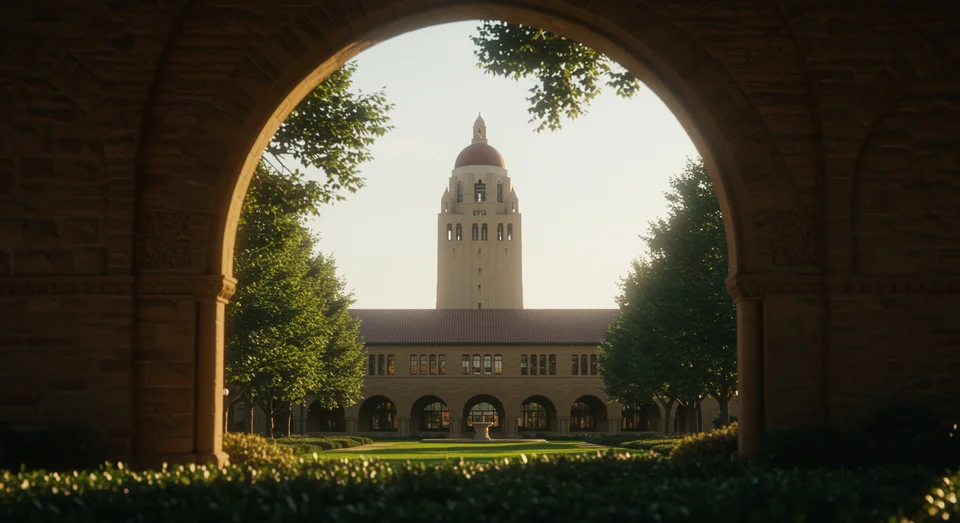Stanford Research Explores Psychedelics Healing Power Without Hallucinogenic Trip Experience
174 views
In a captivating exploration of the mind’s uncharted territories, NPR’s Short Wave podcast has turned its focus to the science of psychedelics and ketamine, delving into their transformative effects on the brain and the enigmatic "trip" experience they induce. At the heart of this inquiry lies the work of Boris Heifets, a Stanford anesthesiologist and neuroscientist, who is investigating whether the therapeutic benefits of these substances can be disentangled from their hallucinogenic journeys—an endeavor that could redefine how these drugs are used in mental health treatment.

The podcast’s series offers a fascinating lens into the world of psychedelics, which have gained traction in recent years as potential tools for addressing complex mental health conditions like depression, PTSD, and anxiety. Heifets, whose research straddles the intersection of neuroscience and clinical application, is exploring unconventional approaches, including administering psychedelics while patients are under sedation. This raises compelling questions about whether the "trip" itself—a kaleidoscopic odyssey often described as deeply introspective and emotionally raw—is essential to the therapeutic process, or if the brain-altering effects can be harnessed independently.
Listeners are invited to submit their questions to the podcast team, fostering a dialogue that underscores the public's growing curiosity about these substances. Available on Spotify and Apple Podcasts, the series aims to demystify the science while addressing both the promise and the pitfalls of psychedelics in modern medicine.
This inquiry into separating the experiential from the medicinal is emblematic of a broader shift in how society views these once-taboo substances. Historically vilified, psychedelics are now emerging from the shadows, buoyed by rigorous scientific research and shifting cultural attitudes. Yet, Heifets’ work challenges the prevailing notion that the trip is inseparable from the cure, posing profound ethical and practical questions about the nature of healing itself. As the field evolves, it may well redefine not just how we treat mental illness, but how we understand the interplay between consciousness and medicine.
